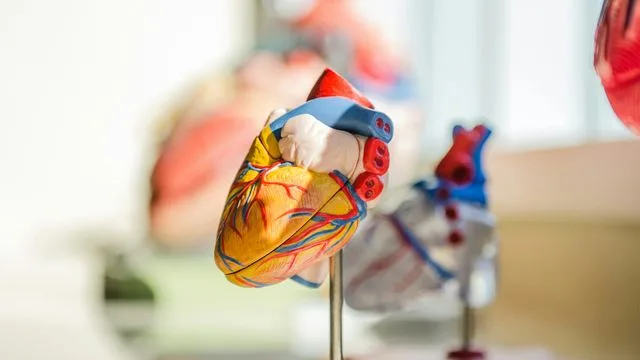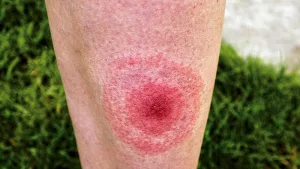Revolutionary Approach to Cholesterol Control: Targeting PCSK9 for Enhanced Heart Health
Cardiovascular disease remains a leading cause of global health concerns, prompting ongoing research into innovative preventative and therapeutic strategies. One promising avenue involves regulating cholesterol levels through PCSK9 inhibition. This approach, particularly with advancements like polypurine hairpin technology, offers a significant opportunity to reduce cardiovascular risk and promote better heart health.
Understanding PCSK9 and Its Role in Cholesterol Management
PCSK9 (proprotein convertase subtilisin/kexin type 9) is a protein that affects the body’s ability to remove LDL cholesterol (often called “bad” cholesterol) from the bloodstream. When PCSK9 is inhibited, more LDL receptors are available on the surface of liver cells. These receptors bind to LDL cholesterol, effectively clearing it from the blood. By reducing LDL cholesterol levels, the risk of plaque buildup in arteries – a major contributor to heart disease – is significantly lowered.
Polypurine Hairpin Technology: A Novel Approach
Polypurine hairpin technology represents a cutting-edge development in PCSK9 inhibition. This sophisticated technique uses specifically designed molecules (polypurine hairpins) to target and neutralize PCSK9, enhancing the body’s natural ability to lower LDL cholesterol. This targeted approach aims to improve the efficacy and safety of cholesterol-lowering treatments.
Benefits of PCSK9 Inhibition with Advanced Technologies
- Reduced Cardiovascular Risk: Lowering LDL cholesterol is a proven method for reducing the risk of heart attacks, strokes, and other cardiovascular events.
- Improved Arterial Health: By preventing plaque buildup, PCSK9 inhibition helps maintain healthy arteries and improves overall cardiovascular function.
- Potential for Enhanced Treatment Outcomes: Innovative technologies like polypurine hairpins may offer more effective and targeted cholesterol management compared to traditional methods.
The Future of Cholesterol Management
The development and refinement of PCSK9 inhibition strategies, especially those incorporating advanced technologies like polypurine hairpins, hold immense promise for the future of cardiovascular disease prevention. As research continues, these approaches may offer more personalized and effective ways to manage cholesterol levels and promote lifelong heart health. Staying informed about these advancements is crucial for individuals and healthcare professionals alike.
Final Overview
Targeting PCSK9 to regulate cholesterol represents a significant step forward in cardiovascular health. Keep an eye on the evolving landscape of cholesterol management for a healthier future.




+ There are no comments
Add yours